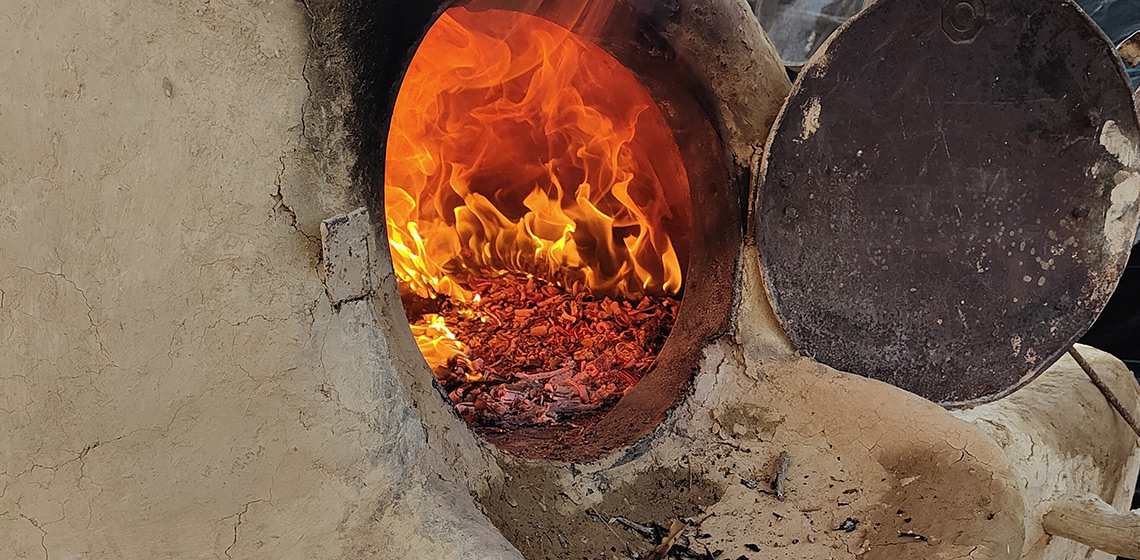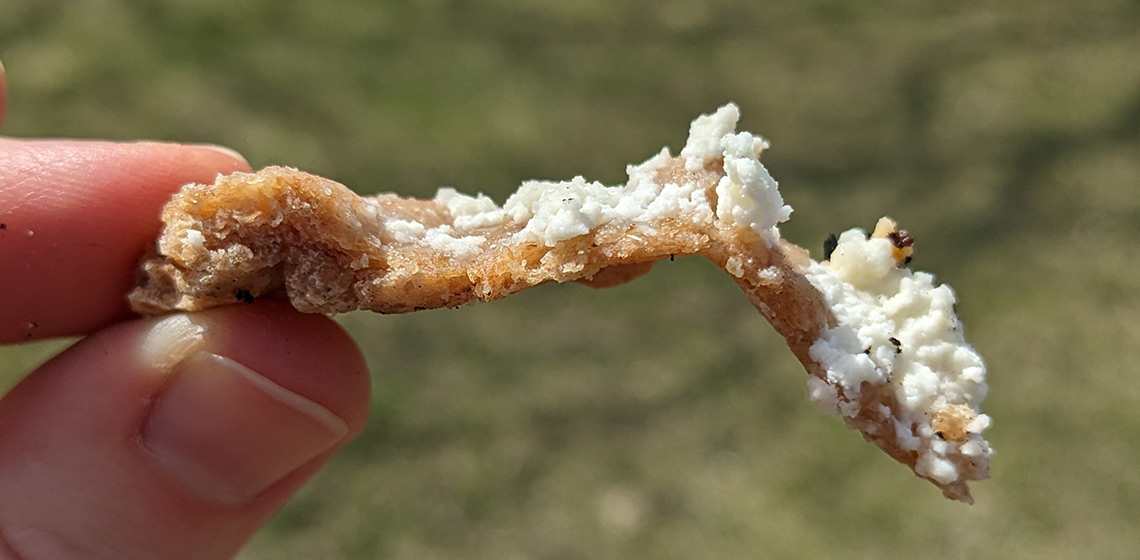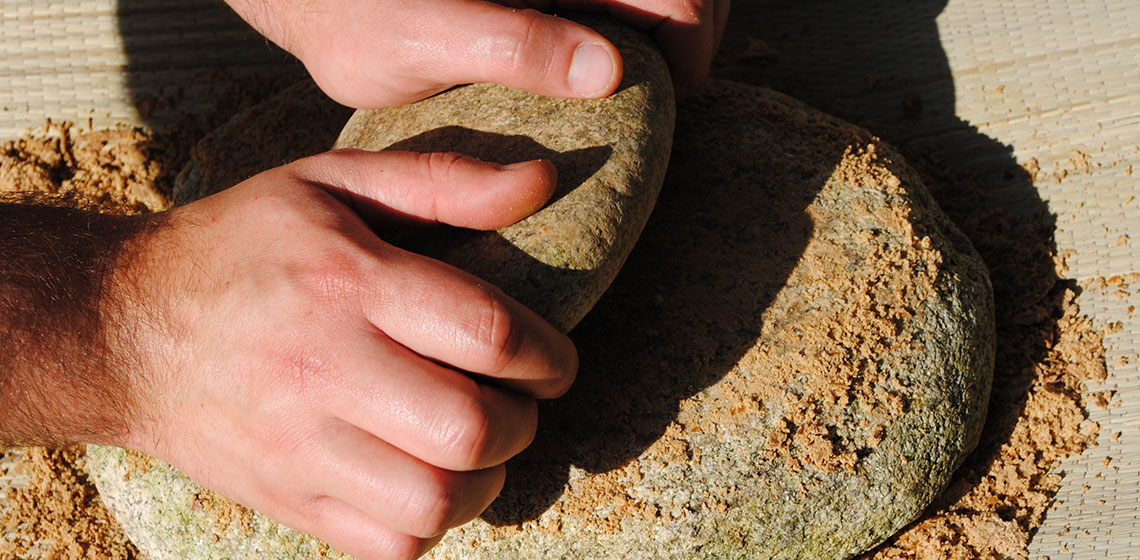bread
Baking Bread in the Riff Area (Morocco): An Ethnographic Approach to the Study of Iron Age Archaeological Ovens
Publication Date
We present the result of our fieldwork conducted in the Riff area (Morocco), where, through the participant observation technique, we have analysed the characteristics and functioning of several bread-baking traditional ovens that are still working in the region. We were able to observe the chaîne opératoire of the process of baking bread...
An Experimental Approach to Baking Ancient Roman Placenta
Publication Date
Cato The Elder (234-149 BC) wrote our oldest extant work of continuous Latin prose, On Farming (de agri cultura), a how-to guide for farming and life that also included many recipes. We were interested in the section on bread recipes in this text, particularly the recipe for the complex, layered placenta due to...
Acorn Bread in Iron Age of North-western Iberia, from Gathering to Baking
Publication Date
7th UK EA Conference Cardiff 2013
***Strabo's Geography is one of the main sources that archaeologists use for the study of the Castro Culture’s (Iron Age in north-western Iberia) customs on food and consumption. In his description, he affirms that during two thirds of the year, those mountaineers fed on the acorn...
***Strabo's Geography is one of the main sources that archaeologists use for the study of the Castro Culture’s (Iron Age in north-western Iberia) customs on food and consumption. In his description, he affirms that during two thirds of the year, those mountaineers fed on the acorn...



